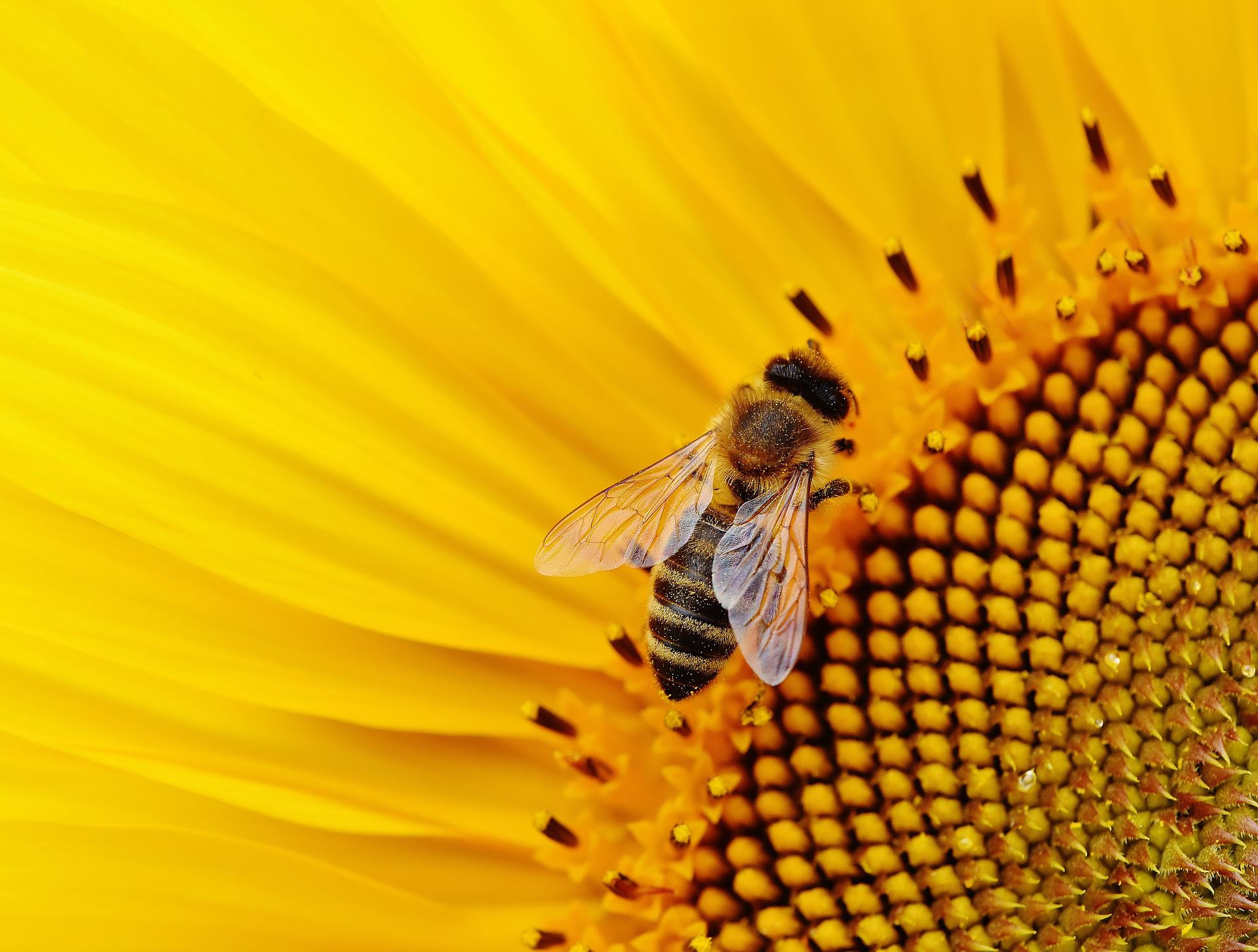With spring fast approaching, it’s time to start daydreaming about longer days, warmer weather, clearer skies and brighter sunshine. For many garden lovers, this is perhaps the best time of year of all, a time for possibilities and optimism. And for many people, it’s a time for offering a helping hand to the local bee and insect population.
It’s been a difficult few years for bees in the UK recently, with declining numbers and an ever increasing threat to their livelihoods. It’s worth remembering that bees and other pollinators such as hoverflies are a vital link in the overall food chain, so anything that can be done to help them will be extremely welcome.
There are a number of plants which can be introduced into your garden in the coming weeks and months which would bring a major benefit to the insects. They include the plume thistle, or cirsium rivulare, a beautiful deep crimson plant which is little short of a magnet for both bees and birds.
Borage is wonderfully pleasing to the eye, offering bright blue flowers and pretty wrinkled leaves. It’s popular with insects throughout the summer, and as an added bonus it can also be used as a garnish on salads and in cold drinks. As well as helping the bee population, it’s also popular with butterflies.
The common foxglove, otherwise known as digitalis purpurea, rewards the gardener with tall spires featuring colourful shades that act as an eye-catching contrast with other plants. Bee species with long tongues, such as the common carder bee and the small garden bumblebee are very fond of the foxglove. Many experts in Scotland landscaping use this plant to provide bright splashes of colour.
Why are our bees struggling to survive?
While there have been various reasons suggested for the decline in the UK’s bee population, it’s worth remembering that this same decline seems to be occurring all over the world. The destruction of various wild habitats is a common cause, as is the increased use of pesticides in agriculture and the spread of diseases, which seems to be on the rise due to them being spread over longer distances by hoverflies.
If you as the owner of a single garden are wondering what you can do, there are several ways to make a difference. If you can provide nest sites for solitary bees that would help, as would the provision of a water station. Please don’t add sugar to the water, however; this is a myth that has been spread far and wide in recent years via Facebook. Sugar water is actually harmful to bees and should be avoided at all costs. Finally, if you avoid using pesticides you’ll be kinder to the bees.
Brown Earth Landscapes are based in Perth and Kinross. We specialise in landscape gardening in Scotland for both domestic and commercial clients, and we take a keen interest in the development of local wildlife. Call us on 01250 884 342 to find out more about our services.
